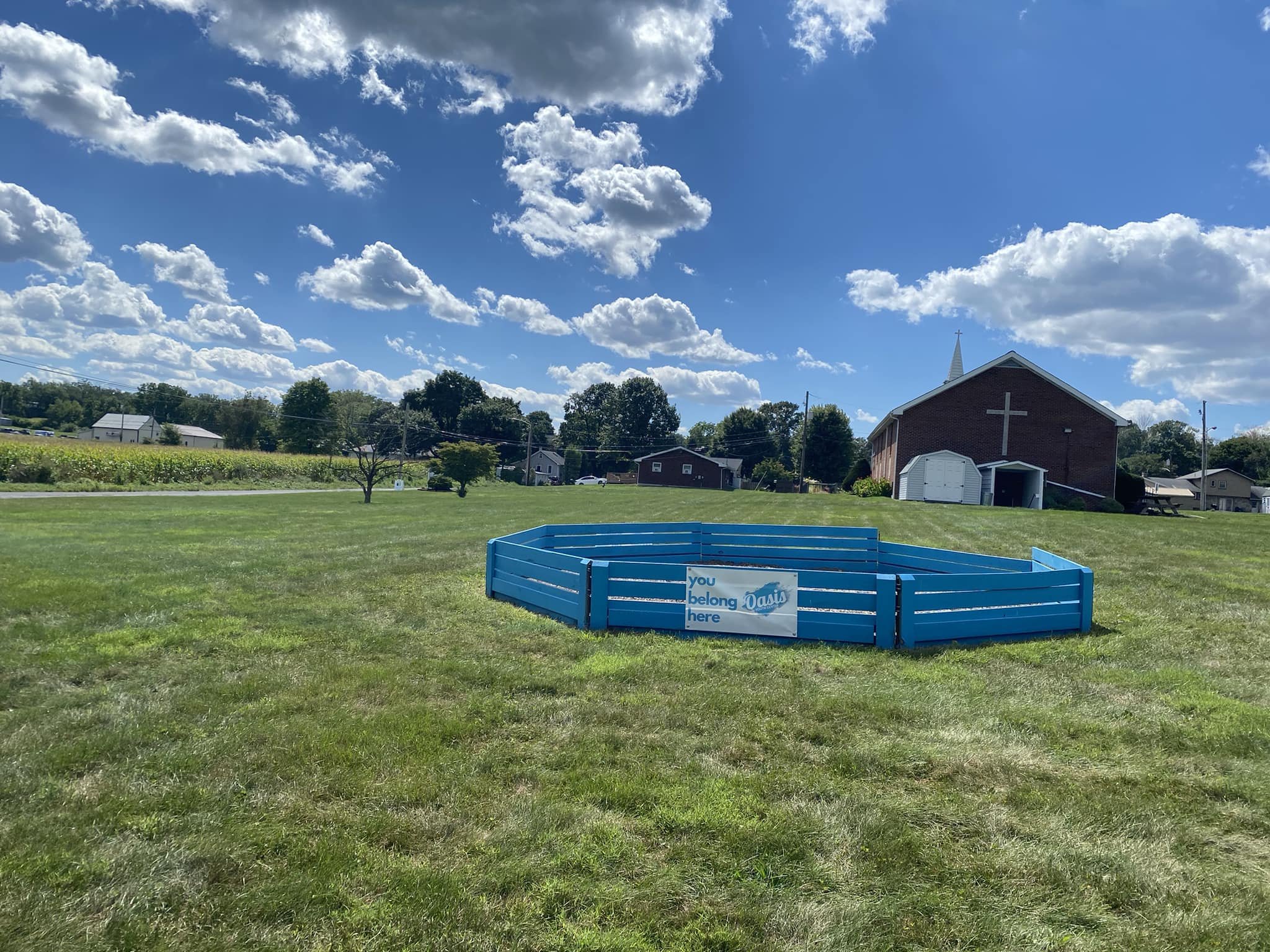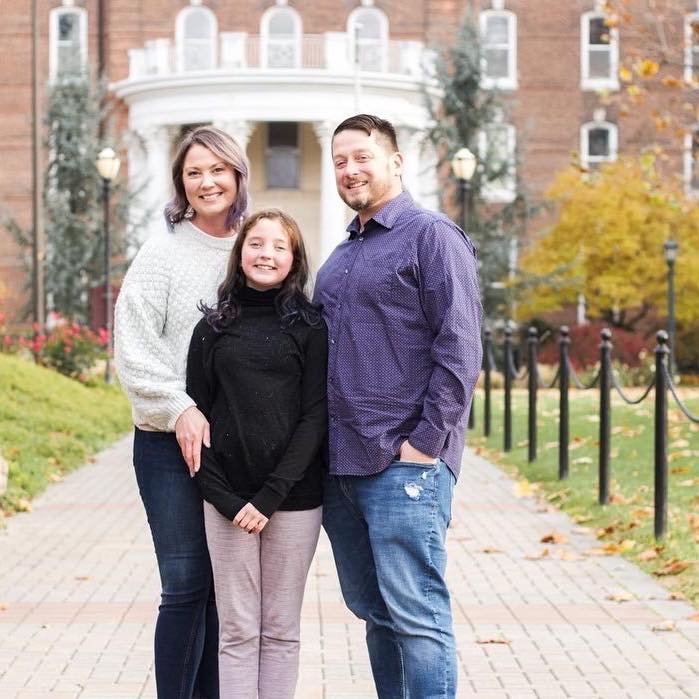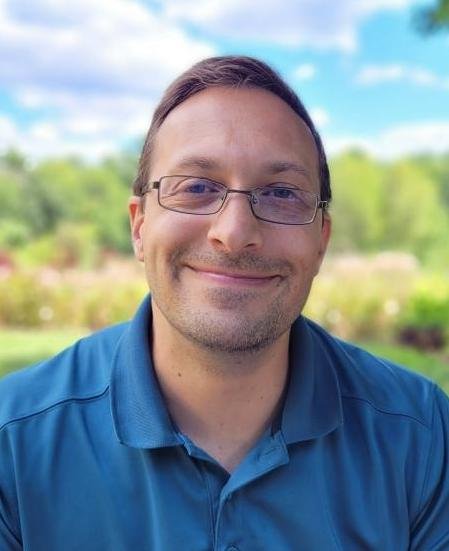The Church as Community Partner: The Oasis After School Ministry in Kutztown, PA
A ministry highlight compiled By Matt Reffie
Sometimes our plans as a local church can get bogged down by our ideals and assumptions. When I was gathering churches’ support to minister to local college students I remember some of them saying something to the effect of, “Yeah, we tried doing X for the college students that one time, but they didn’t come,” and sadly that was the end of their ministry to them. They assumed they could just add this age group to what they were already doing without going outside their own leadership or committee meetings. It is vitally important to the overall health of the Church that we don’t fall into this isolated mode of operating, and I’d like to share one quick example of what local church ministry can look like when we take the time to partner with our local communities and include them in our vision and planning.
The following ministry highlight is a look at Oasis [1], an after school ministry in Kutztown, Pennsylvania, which I believe demonstrates the power and effectiveness we can have as a church when we partner well with the local community. Below are insights from Pastor Nathan Herrlin of Cornerstone Community Church [2], who was key in the formation of the ministry, and Pastor Paul Mannino of Beacon Church [3], who currently heads the weekly operations of the ministry. Their answers have been edited slightly and shared only in-part here, but please let us know if you would like to learn more from their experience. Our hope is that such highlights of what God is doing in His Church can help inspire the formation of similar community partnered ministries in your church and local community.
Project Arctos: What prompted the formation of the Oasis ministry?
Pastor Nate: About 8 years ago, Cornerstone leadership invited several community leaders to a lunch where we asked them how they saw a non-profit such as our church meeting a specific community need. The resounding answer was to provide something for youth after school.
A couple weeks later, the school district called a town meeting regarding the opioid pandemic and one of the crying needs that came out of that meeting was a youth center. We took that as clear confirmation that we were heading in the right direction. That spring, we offered a 2-week pilot run at the community library. The following school year, Oasis was born, and the ministry has been growing ever since.
Background: Part of the difficult backstory Pastor Nate references here is how badly their community youth were hit by the opioid crisis. An article by National Public Radio (NPR) noted how these drugs had become prevalent problems in what appear to be the most unlikely communities. Sadly, an increasing number of students in the Kutztown area were finding their way into drug use, to the point where they “had lost six former students to heroin overdose within two years.” [4] I also want to stress here the key important step of opening a dialogue with your local community leaders. This is something that took pastoral time away from other internal needs and ministries, but I believe needs to be a part of our overall plans for local church ministry.
Project Arctos: How did you get community support and what has it accomplished? What supports have evolved over time?
Current location of the Oasis after school program, short walking from school, complete with ga-ga ball court.
Pastor Nate: The community library had a meeting room they made available to us at no charge. The school district allowed us to communicate about Oasis through flyers at school, daily announcements, newsletters, and parent meetings. At the beginning of the school year the middle school principal even walked a group of students to Oasis so they would feel comfortable on the first days.
Because of the timing of everything, we have had strong support from the school district and the community. And after several years of operation, parents and the community have grown to trust us.
After two years, we were able to rent space from a nearby church, which was geographically more accessible to students. We felt it was better to start Oasis in a neutral location (not a church), but after we’d established ourselves, it was less of an obstacle to meet in a church building.
Pastor Paul: I agree that being at a nearby church is less of an obstacle because they had developed “street cred” with the school system and community over the years. I think it’s really cool that (as of today), we have representatives from five churches in the community constituting our volunteer team with one other church that has contributed financially to the work. It’s truly been a group effort!
Reflection on Partnering with Your community: In the current climate, it might be difficult to imagine gaining any kind of trust or support from your local school (or other community organizations) without them being wary of proselytization or church/state separation, but it is possible and maybe only requires your taking the first step to meet them on their ground as a starting point. It also helps to have partnership across multiple churches, which can be difficult in itself if we let it.
Pastor Paul: From the perspective of a former youth pastor who also tried to build strong bonds with the local school district, I can tell you that the favor that Oasis has with the schools is nothing short of miraculous. When I got to stand WITH the superintendent at sixth grade orientation to hand out fliers for Oasis, I began to realize that this is no ordinary school/church relationship.
Project Arctos: What does the ministry do on a daily/weekly basis?
Pastor Nate: We are open to any students in middle and high school to come and hang out, play games, work on homework, or talk to adults who care. The same volunteers are there every week, so students have built trust and many have grown to share life with us. Occasionally, there are spiritual conversations, but it’s not an everyday thing. This year, we are offering a monthly “Oasis After Hours” where more direct Christian teaching and conversation is expected.
Reflection on Providing Care for All: When considering your own community ministry, try to keep in mind the simplicity of the scope of Oasis. By adding a separate time and space in Oasis After Hours, it’s staying true to the original need presented by the community, to give kids, regardless of their religious background or interests, a safe space to be kids in the unstructured after-school hours.
Project Arctos: What are some success stories? What is God doing through the ministry today?
Pastor Nate: For me, one of the greater successes is that the church is serving the community in a very practical way and we are being received as having something worthwhile to offer.
Now that Oasis has been operating for several years, we have seen a group of boys who first came to Oasis in 6th grade, who are now 10th grade students and still seeing Oasis as the place they prefer to be. The relationships and trust that have been built are priceless.
The majority of the students who attend Oasis would not call themselves followers of Jesus. Most of them do not have any connection with any church at all. Various volunteers have had opportunities to engage in spiritual conversations that they would not have had otherwise. We have been part of the grieving process with students who have lost parents during the school year. We have been a place of stability and care as students’ parents have gone through divorce and the chaos that comes with that.
Pastor Paul: It has been wild to encounter those “raving fan” 10th grade boys. It’s also been inspirational as we’ve thought about the impact we can make on this “new batch” of 6th graders. I know that the pastoral guys that volunteer have all had great connections with kids that have extended beyond the confines of the regularly scheduled programming. We’re starting to see students coming to church. In fact, tomorrow night, I’m going to be meeting with a newer guy (at the request of his mom), to have burgers and talk about being baptized.
Reflections on Your Church & Community Integration: As I think about my own youth, there weren’t a lot of strong connections between the local churches and my schools. Does your church have any formal connections with your local school community? Do you or your pastors get to meet and talk with kids that aren’t already connected to your church in some way?
Project Arctos: What are some of the needs/challenges that remain?
Pastor Nate: Bridging the gap between casual fun (the typical Oasis environment) and spiritually rich conversations continues to challenge us as our hearts love these students and want to see them find spiritual stability and healing through Jesus.
Pastor Paul: We need more volunteers to engage with the students while they’re there, and that can be a challenge week-in, week-out.
What About You? In addition to expanding to "Oasis After Hours" in Kutztown, Pastor Paul is looking into partnering with the neighboring Fleetwood, PA community to perhaps begin an Oasis ministry there as well. While the ministry is not without its challenges, it perhaps can be replicated in your community. Or perhaps your community has some other pressing need they would love to have your partnership on. Consider opening a dialogue with your local leaders. Your next great ministry could begin with a simple “How can we help?”
*Special thanks to Pastor Nate and Pastor Paul for taking the time to share their experience with us. If you’d like to learn more or find out how you can volunteer or support the Oasis Ministry, please reach out at team@projectarctos.com. You can also check out their churches: Beacon Church of Kutztown and Cornerstone Community Church of Kutztown.
Pastor Mannino and his family
Paul Mannino lives in Kutztown, PA where he has been serving as a pastor since 2015. He's the Director of Oasis Youth Center (thanks to Pastor Nate) and also within the first few months of planting Beacon Church--a church designed to reach college students, young families and the young-at-heart with the Light of the World.
Pastor Herrlin and his family
Nathan Herrlin lives in Kutztown, PA where he has been serving as one of the pastors of Cornerstone Community Church since 1999. He also serves on the board of Kutztown Strong, a community organization aimed at "Strengthening the Resolve of the Next Generation". His heartbeat is to bring Jesus to the community.
References:
1 www.facebook.com/KutztownOasis
4 Block, Melissa. "A Small Town Wonders What To Do When Heroin Is 'Everywhere.'" March, 2016. https://www.npr.org/sections/health-shots/2016/03/12/469954366/a-small-town-wonders-what-to-do-when-heroin-is-everywhere
Matt Reffie currently serves as the Community Coordinator for Project Arctos and is a self-described itinerant Christian, whose life ministry is focused on traveling between communities as a bridge builder, often finding himself with those on the fringes of society in general, and Christianity specifically. He has served the Church primarily in youth and college ministries, but also as a deacon and occasionally in counseling and pastoral roles.
More uplifting content from Project Arctos writers can be found in our past editions:








